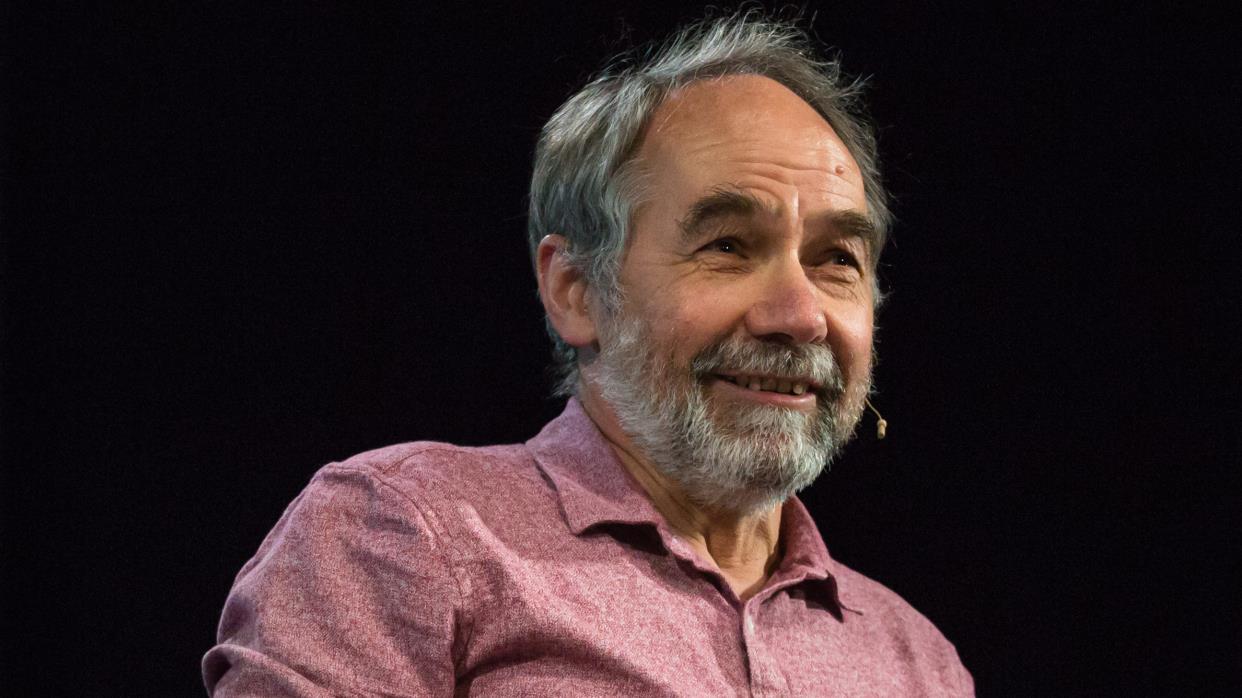
In a talk about the gathering of evidence and how it is used, the academic gave the following guidance:
1. If you want to make money, you're better off doing a paper round than writing a book.
2. "The more famous someone is, the more likely they are to be wrong, because they have moved away from their core knowledge."
3. The best way to reach a decision is by the Delphi Process (named after the Oracle): identify the problem, present the evidence, get experts to suggest answers, and then discuss, as in the following placard demand:
What do we want?
Evidence-based change.
When do we want it?
After peer review.
On a serious note, he stressed that up-to-date global evidence should be available to all if correct decisions are to be made. A problem arises when the evidence is there but people choose not to believe it. He gave an example of how scurvy killed off hundreds on ships in the 17th and 18th centuries. There was a simple solution – giving citrus juice to the crew every day. The Scottish physician James Lind proved the efficacy of this in 1747, but it took the Royal Navy nearly half a century to act on his evidence. Meanwhile, unpleasant 'cures' were imposed, including a dilute solution of sulphuric acid.
Sutherland holds the Miriam Rothschild Chair in Conservation Biology in the Department of Zoology at Cambridge.
Picture by Matthew Harry
If you like watching Hay Festival events digitally please sign up to Hay Player for more from the world's greatest writers and thinkers.